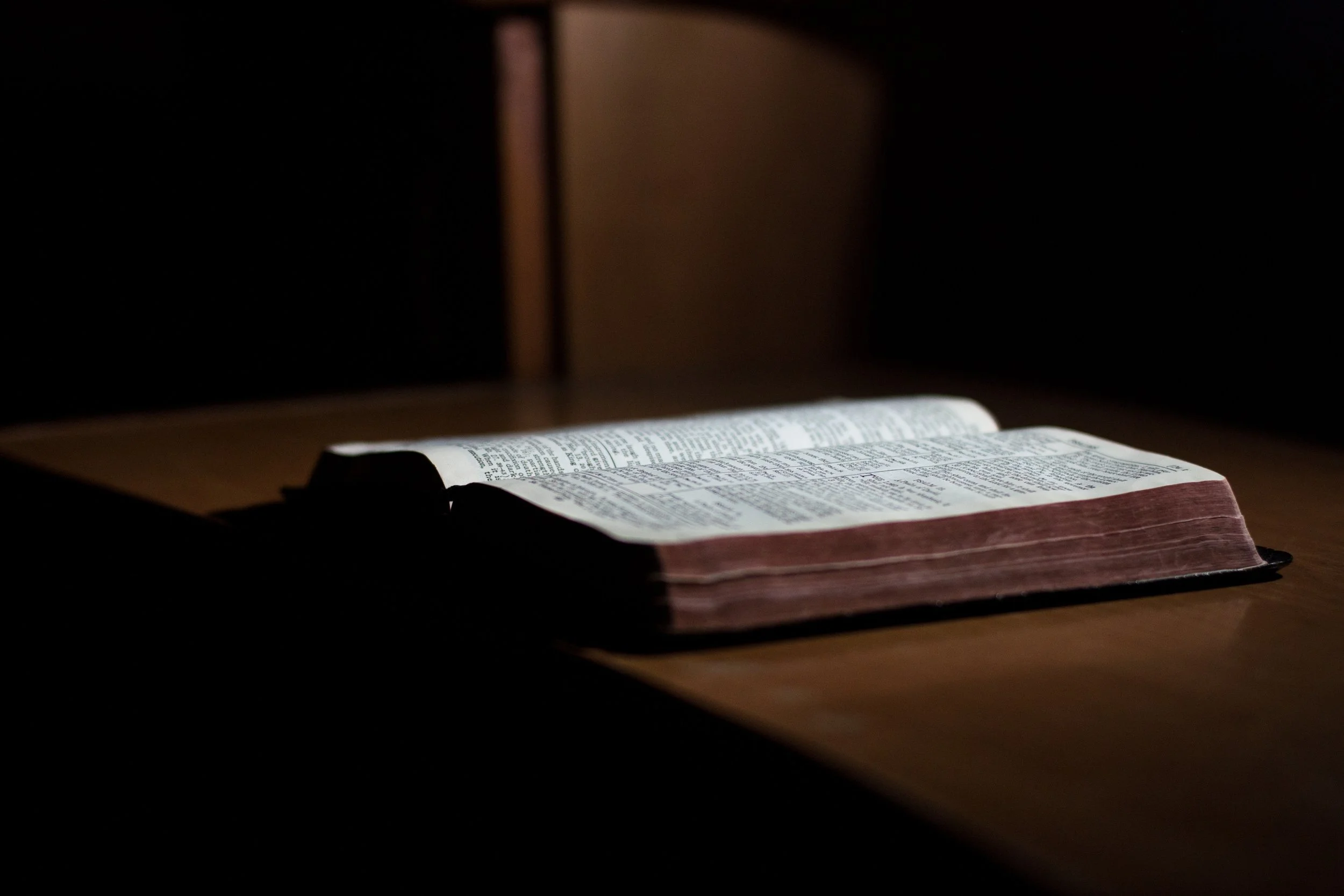The Israelites are stuck with their backs to the sea, facing a furiously advancing Egyptian army that will violently force them into resubmission. But God has a much greater plan for his people. He parts the waters, allowing the Israelites to cross over on dry ground, while the Egyptians perish under the collapsing walls. At first glance, this doesn’t sound much like an Easter story, but it is. It is a story of regeneration, of our baptism.
What God uses to save his people, he also uses to destroys his enemies. Much like that great army, he crushes our sinful nature in a deluge of baptismal water. But he does more. Beyond that watery graveyard lay our former life, lived under the weight of idolatry and sin. As the waves close in, our deliverance is sealed. There is no need to ever return to that place.
And yet, despite this great miracle, we want to. When our LORD leads us into a seemingly uncertain wilderness, we complain. Our physical needs get the best of us, and we convince ourselves it was better in the old world, where our hearts were heavy, but our bellies were full. The LORD hears this complaint and resets our priorities. One day, we will feast. But for now, we eat the manna he gives us with hopeful hearts. And at Easter, why shouldn’t they be? Our Lord is risen! Death itself can no longer loom; what physical pain or worry can overwhelm us?
So the LORD leads us on toward the promised land, but the journey is long. How do we follow? The writer of the book of Hebrews answers. We live by faith: the assurance of things hoped for, the conviction of things unseen. We have not seen heaven, but God has supplied us with a cloud of witnesses throughout Scripture that testify to it, and teach us to believe and trust in our Savior.
Easter is a time when we stand on the other side of the sea, free from sin and death, knowing full well how the story will end. So we rejoice and declare as God’s people:
The LORD will reign for ever and ever. (Ex. 15:18)


